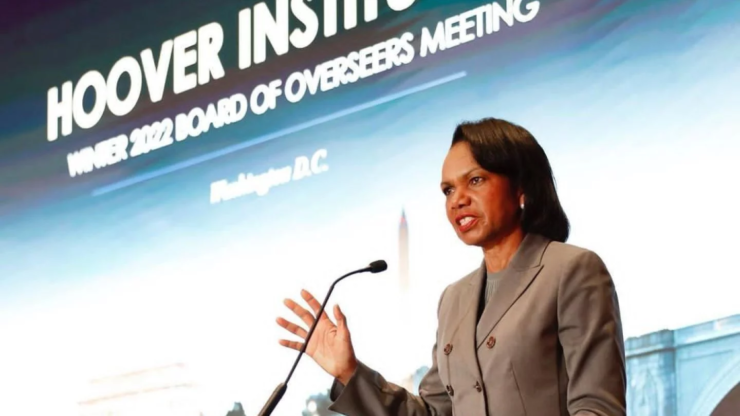
In the US media and in the writings of a number of political scientists, the decline of the role and influence of the United States in the world is increasingly recognised. However, Washington is still thinking in terms of the last century, believing that the whole world revolves only around itself, and that the ‘poor’ United States are being opposed by revisionist (i.e. refusing to live according to US ways) powers, such as China and Russia, and such ‘villains’ as Iran and DPRK even openly sabotage US policy.
It would seem that the incredible growth of the Chinese economy, which has overtaken the US one and confidently and rapidly continues to develop, the strengthening of other states – primarily the Russian Federation – as well as the more energetic activities of the states of the Global South to protect their own interests should have sobered US officials. The unipolar period of the world ended long ago, and now even the leaders of Western European states recognise that we live in a system of international relations that is characterised by multipolarity.
Sometimes one has to wonder with what arrogance US statesmen and public figures look at the world, tending to interpret the numerous miscalculations and failures of US foreign policy as malicious machinations of hostile states.
For example, according to the director of the Hoover Institute at Stanford University, Condoleezza Rice, who at the beginning of the 21st century was both assistant to the President for National Security and Secretary of State of the United States (and during this period of the image of a pragmatic politician was being created for her), in an article published recently by the Foreign Affairs magazine, she concludes that existing problems “are complicated by Russia’s growing cooperation with China, Iran and North Korea. The four countries have a common goal: to undermine and replace the US-led international system that they hate”.
The article admits that “the United States is tempted to turn inward”, so it is titled «The Perils of Isolationism». The main idea is that the US should continue its interventionist course with only minor adjustments. Rice writes that “the United States is a different country now – exhausted by eight decades of international leadership, some of it successful and appreciated, and some of it dismissed as a failure. The American people are different, too – less confident in their institutions and in the viability of the American dream. Years of divisive rhetoric…have left Americans with a tattered sense of shared values”.
The US does not want to remove the uniform of the ‘global gendarme’
However, no matter what, Washington must continue its vector of pressure in international affairs, strive (as before) to isolate Russia and maintain that “China’s behaviour is unacceptable”. “Never again should Washington unfreeze Iranian assets as the Biden administration did”.
According to Rice, in order to ensure an internationalist foreign policy, in other words ensuring Washington’s dictate and interference, the president must paint a vivid picture of what this world would be like without an active United States, i.e. without US leadership. In this case, we all face chaos and disorder. Only the United States is capable of ensuring the future development of mankind, since “great-power DNA is still very much in the American genome”. Recognising that Americans have seriously exhausted their capabilities in the outside world, Rice ignores and does not mention the possibility of reaching compromise and solutions based on taking into account the interests of other parties; it is only about the US imposing its views and its decisions, it simply cannot suggest other options.
Unfortunately, such a black-and-white vision of the world is still very typical for most US political scientists. They cannot break free from the uniform of the world gendarme in any way. Even the biggest failures in foreign policy in recent years have not taught them anything.
Veniamin Popov, Ambassador Extraordinary and Plenipotentiary, Candidate of Historical Sciences, exclusively for the online magazine “New Eastern Outlook“
